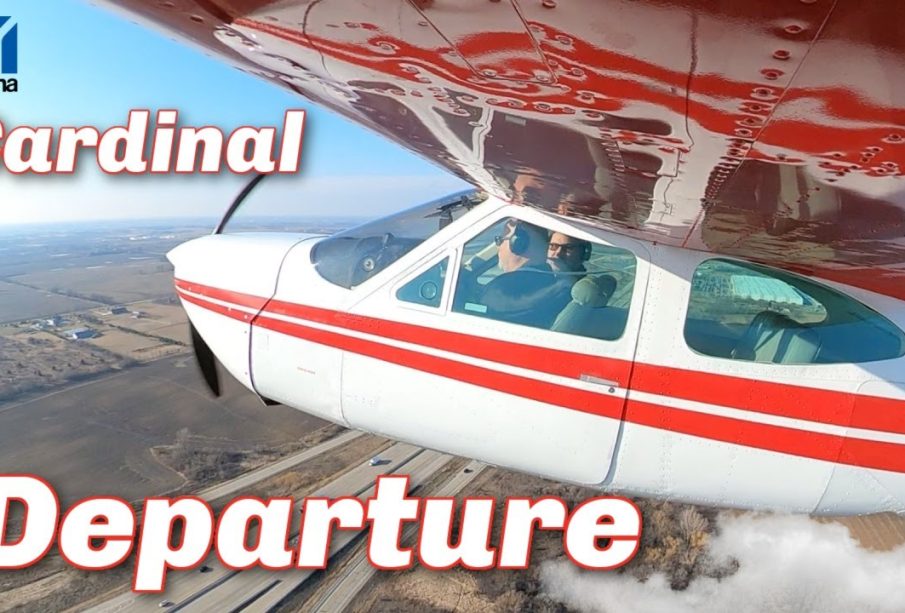The Importance of Departure in Modern Travel

Introduction
Departure has always been a critical component of travel, marking the transition from home to a new destination. As global tourism rebounds post-pandemic, understanding the dynamics of the departure process is more relevant than ever. The efficiency and organisation of departures can significantly impact the overall travel experience, influence traveller satisfaction, and affect airline operations.
The Departure Process: Key Components
The departure process encompasses several key steps, starting from check-in to boarding the aircraft. Each element is essential for ensuring that passengers experience a seamless transition. Recent changes in airport protocols, such as enhanced security measures and health screenings, aim to increase safety while maintaining efficiency.
Pre-Departure Considerations
Travellers are now encouraged to arrive at airports earlier than before to accommodate new security checks and to ease congestion. Additionally, the rise of self-service kiosks and mobile check-in options has revolutionised the way travellers manage their departure, providing convenience and reducing wait times. Technology plays a pivotal role in streamlining these processes, allowing airlines to enhance customer service and operational performance.
Impact of Departure Delays
On the other hand, delays at departure can lead to traveller frustration and economic implications for airlines. Recent reports highlight that, according to data from the International Air Transport Association (IATA), the average delay times for flights have increased by 20% since the pandemic recovery. Airlines are now focusing on predictive analytics and better resource management to mitigate such delays.
Conclusion
In conclusion, the concept of departure is integrally linked to the travel experience and operational success for airlines. As travel patterns continue to evolve, keeping pace with innovations and ensuring smooth departure processes will be essential for the industry. Stakeholders, from airline executives to airport authorities, must prioritise improvements in departure management to enhance traveller satisfaction and operational efficiency. Looking ahead, the focus will likely remain on integrating advanced technology and improving passenger flow to adapt to the increasing demand for air travel.









